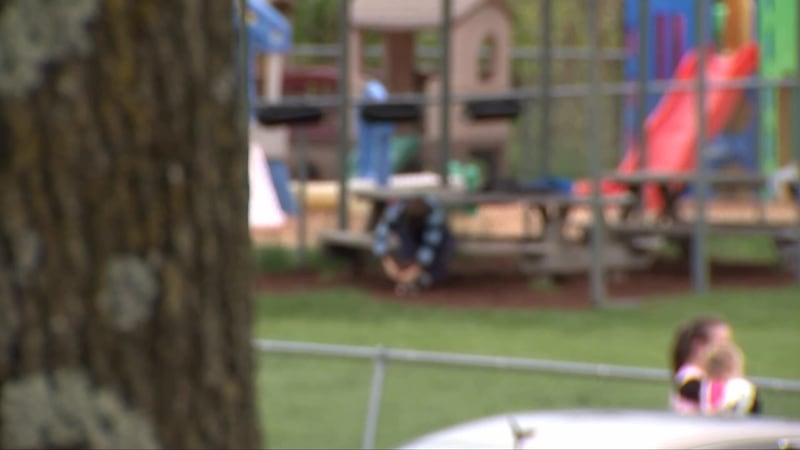PITTSBURGH — A man from Imperial is the first person in the United States to get an experimental brain cancer treatment.
The hope is that it keeps the tumor from forming again and right now UPMC doctors are watching to see how he does.
On April 1 while at work at his metal shop, Vince Weber thought he had something in his eye. He started coughing violently, got really hot, and his left arm started to shake. His friends at work thought he was having a stroke and got him to the hospital. But the doctor who returned with the results of his CAT scan said.
“‘Mr. Weber, I want to tell you, you didn’t have a stroke, but I’m sorry to be the one to tell you this but you have a brain tumor.’ So just that quick I knew,” said Vince.
What he thought was a stroke, was a seizure.
“If you present with a seizure, the tumor is often diagnosed in a relatively early stage. The tumor is smaller, it’s not causing symptoms,” said Weber’s doctor, Dr. Jan Drappatz, Director of Neuro-Oncology at UMPC.
That was a sign that, Dr. Drappatz says, made Vince a good candidate for the clinical trial to test out a new treatment.
Vince told us: “The way I look at it is for everything somebody has to be the first right?”
Within 10 days of his diagnosis of glioblastoma, Vince was in the operating room to have his tumor removed.
Dr. Costas Hadjipanayas with UPMC removed the tumor as he would in a typical glioblastoma, using a fluorescent dye to be able to see the tumor. But this time, he activated the dye with light to kill the remaining cancer cells that he didn’t get when he removed the tumor.
“Those are the cells that really grow back and cause problems for patients,” said Dr. Hadjipanayas, Executive Vice Chair Professor of Neurosurgery at UPMC. “They can grow back in a year. And we don’t have a lot of options when the tumor grows back. It’s a very aggressive tumor.”
The UPMC doctors say the median survival rate with a glioblastoma is one to two years. They hope this new procedure helps to up the five-year survival rate past 10%.
“Clinical trials offer innovative therapies, novel treatments. These treatments mean hope for patients,” said Dr. Drappatz.
“I hope that whatever is learned in there or knowledge you gain, hopefully, it’s going to help other people because there’s a lot of people in worse shape than I am,” said Vince.
He was out of the hospital within three days of the brain surgery and treatment and has been back at work for a few weeks now. He told us he has felt great since the surgery and doesn’t feel any different.
Doctors are pleased with how well Vince is doing and hope that he’s just the first brain cancer patient to benefit from this clinical trial.
UPMC is actively enrolling patients to see who else would be a good candidate. They hope to launch at other centers across the country to do more in the trial.
Download the FREE WPXI News app for breaking news alerts.
Follow Channel 11 News on Facebook and Twitter. | Watch WPXI NOW
TRENDING NOW:
©2024 Cox Media Group





